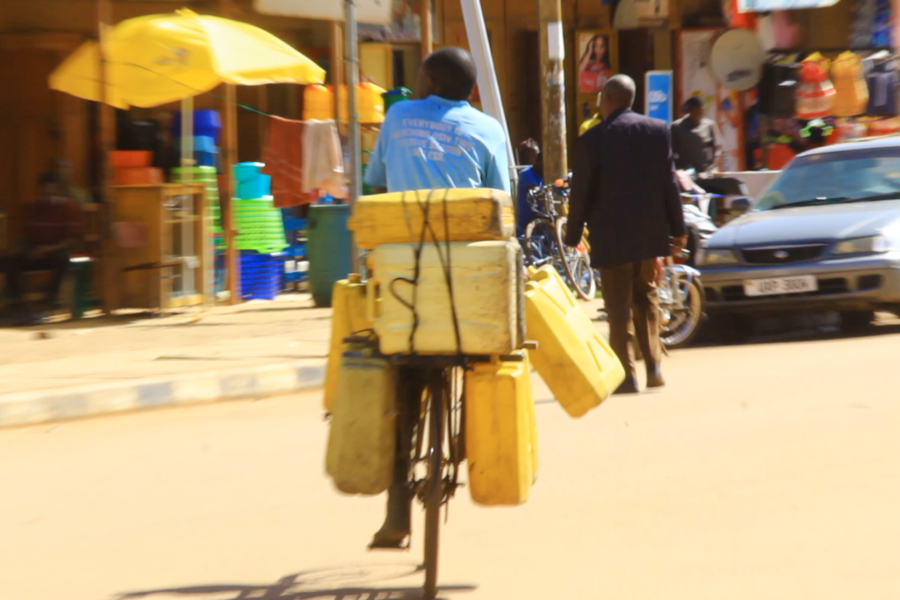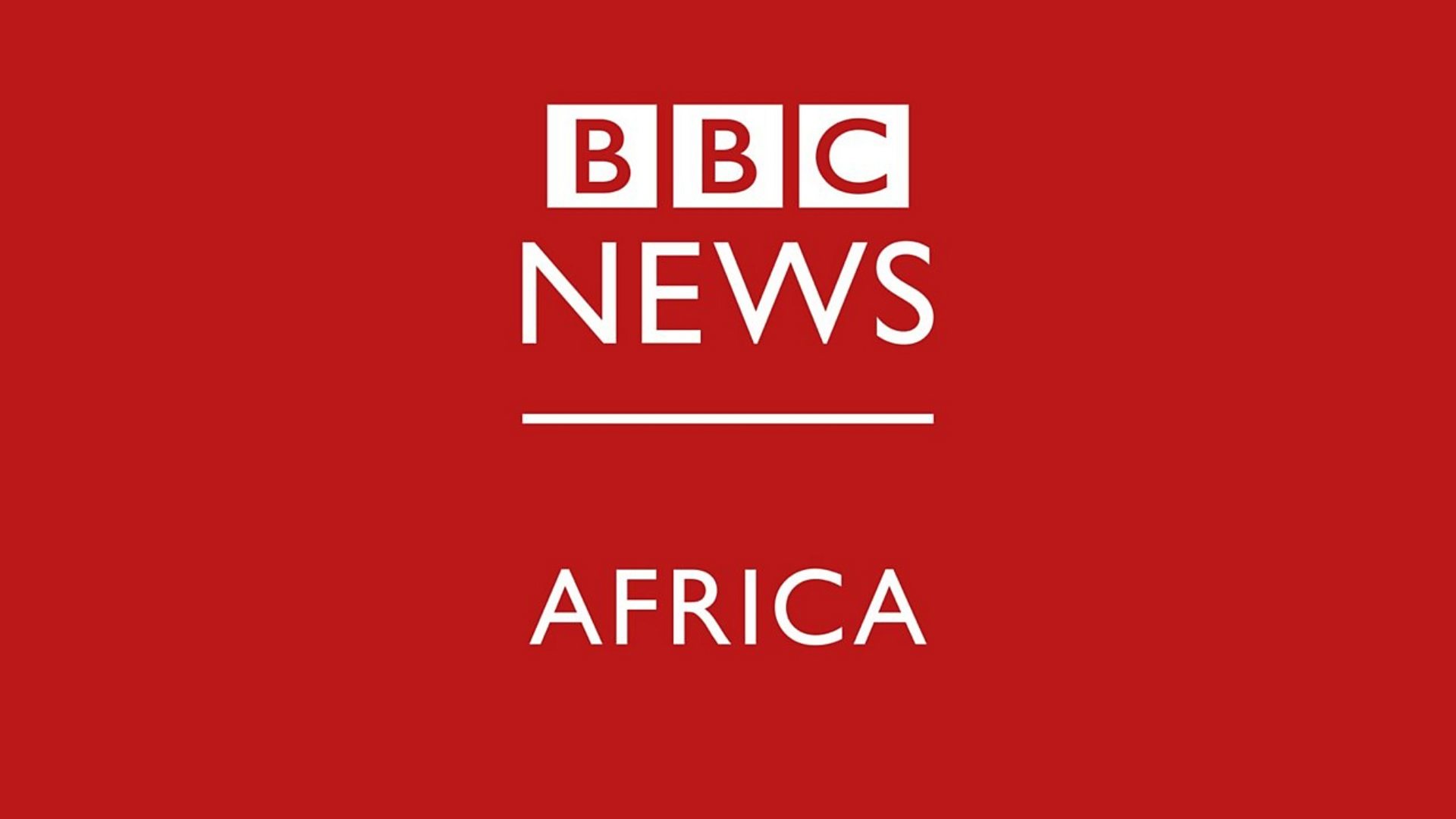World Animal Protection launches digital campaign to enforce global ban on wildlife trade
The World Animal Protection has launched a global digital campaign to end wildlife trade.
The campaign according to World Animal Protection, aims to put pressure on South Africa and other G20 countries to commit to a ban on the global wildlife trade.
“The leaders of the world’s 20 largest economies can bring about a collective response and global answers to the COVID-19 pandemic and future pandemics. We can no longer afford to leave this to chance. A global wildlife trade ban is the only way to end the cruelty and protect our health and economies,” Edith Kabesiime, the Campaigns Manager at World Animal Protection said.
“Animals like lions are at the centre of a cruel multi-billion-dollar business that exploits them on an industrial scale. Their bones are traded as medicine, bred in captivity, enduring a life of suffering. They are deprived of the life they would have in the wild. They are shipped around as freight, treated as mere commodities, with their wellbeing ignored. They are crammed into cages, kept in poor health, and often killed for their body parts. This is a business that is inherently cruel.”
She noted that the organization is also working with media, social media influencers and the general public across the globe to put pressure on the G20 Countries to end the trade.
For long, G20 leaders have been asked to enforce the ban on trade in wildlife.
Research conducted recently suggested that coronavirus may have come from wild animals.
“The origins of coronavirus are thought to have originated from a wet market in Wuhan, China, where wild animals were sold. Science suggests the virus came from bats, and moved to humans via an intermediary animal, potentially a pangolin – a scaly anteater like animal and most illegally traded mammal in the world,” the research indicated.
Tennyson Williams, the Director for World Animal Protection in Africa recently said great lessons should be learnt from the current Coronavirus pandemic that wild animals ought not to be tampered with by shifting our behaviour and attitudes towards them so as to save millions of people, animals and economies.
“If we don’t purchase exotic pets or traditional medicine that contains wild animal products, and don’t visit venues with performing animals, we will send a clear message that wildlife cruelty is no longer tolerable – for the animals, our health and the planet.













